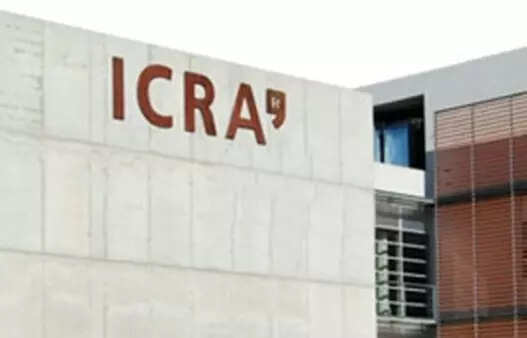 ICRA
ICRA New Delhi: India is completely reliant on imports for critical minerals such as lithium, cobalt, and nickel, essential for its green technology transition, rating agency Icra said. This dependency poses a significant risk to the country’s energy security as it aims to meet its net zero commitments by 2070.
ICRA’s recent series on critical minerals highlights the inferior quality and quantity of domestic lithium compared to global standards, which could hinder India’s ability to reduce its import dependence soon. Despite the auction of 38 mineral blocks aimed at bolstering domestic production, the benefits are unlikely to materialize this decade, leaving India vulnerable to potential supply shocks.
“Global deposits of critical minerals are more concentrated than most industrial minerals, fossil fuels, and hydrocarbons. Additionally, China dominates the processing and refining of critical minerals, controlling between 65%-100% of the global capacity to make battery grade lithium, cobalt, manganese, and graphite,” Girishkumar Kadam, Senior Vice-President & Group Head, Corporate Sector Ratings, Icra, said.
Given the high risk associated with exploring deep-seated or critical minerals compared to surface or bulk minerals, the Government of India has recently started the process of auctioning exploration licenses. This move aims to attract specialized overseas mining companies with a risk-return framework that is more favorable.
The urgency of increasing domestic production is driven by the irreversible shift in energy systems from increasing energy density to increasing mineral intensity. This change is necessary to support the growing adoption of green technologies such as electric vehicles and renewable energy, which Icra noted has accelerated in the post-Covid era.
However, Kadam noted, “Given the preliminary stage of exploration for most of the domestic blocks currently being auctioned, their commercialization and associated benefits are unlikely to fully accrue in the current decade ending 2030.”
India is also pursuing international strategies to mitigate its dependency. It is actively looking to acquire critical mineral assets in countries like Argentina, Chile, Australia, and several African nations including Zambia and Congo. Domestically, the need for incentivizing the capacity for critical mineral processing technologies like beneficiation and leaching remains, according to Icra.
“The government is auctioning two lithium blocks in the ongoing auctions. The one in Jammu & Kashmir has clay deposits. While the technology for extracting lithium from hard-rock and brine deposits has matured, the same for extracting lithium from clay deposits remains untested globally,” Kadam added, underscoring the technological and commercial challenges ahead.
India’s approach includes joining the US-led Mineral Security Partnership and enhancing domestic rules like the Battery Waste Management Rules to focus on circular supply chains for minerals. However, Icra warns that the necessary infrastructure for achieving the government’s ambitious critical mineral recycling targets has yet to be developed.





